#BEV
Ford Trademarks 'Mach E' - You Know It'll Be a Crossover
Earlier this year, the Blue Oval raised the ire of die-hard fans when it was rumoured the company would use the Mach 1 name on an upcoming electrified vehicle. Ford might be making some odd decisions lately, like refusing to bring the Ranger Raptor to America, but they’re not completely tone deaf.
Which helps explain a patent filing uncovered earlier this week. In it, Ford seeks to trademark the name “ Mach E.”
Pure Electric Soul: 2020 Kia Soul EV
Along with the high-volume version which debuted at the L.A. Auto Show this week, Kia has dropped an all-electric, battery-powered Soul EV.
Compared to the old car, its battery has doubled in capacity, while the electric motor now spits out nearly 300 lb-ft of torque. And, like its conventionally powered brother, the works of it are wrapped up in a snappy new set of duds.
Order Up: Nearly 1 Million Plug-ins Sold in America
Remember when McDonald’s used to put a running total of the “Billions Served” on its golden arches? EV makers may soon be able to do the same for their sales efforts. According to Wards Auto, total sales for plug-in hybrid or electric vehicles over the last ten years will soon reach the 1 million mark.
And, like McDonald’s, manufacturers of cars which run solely on electrons are all serving up variations on what’s essentially the same dish, but adding different ingredients here and there.
Subaru Turns to Its Friends for Electrification Help
If you’re a modern-day automaker without an electrification strategy, you’re in trouble. Not only will you face the global stigma of being truly evil, you might also miss out on the possibility of future sales. Sure, electric vehicles only account for about 1 percent of total domestic deliveries right now, but it’s a growth market, spurred on by political pressure and regulatory action. Some regions, like California, have plug-ins taking up as much as 5 percent of annual car sales.
Subaru needs help, as it doesn’t sell a single electrified vehicle. The brand discontinued the Crosstrek Hybrid, and its only battery-driven plug-in, the long-defunct Stella EV, was sold only in Japan and proved about as popular as VD. While Subaru can certainly build a good car, it hasn’t had the best luck with electric vehicles.
It’s now calling on its “friends” for backup.
Shocking: Toyota Plans to Zap Nearly a Dozen EVs to Life by Early 2020s.
Toyota, one of the original purveyors of hybrids, has recognized the need to juice its EV profile. Chevrolet, Nissan, and a bevy of other automakers already have an answer for customers looking to totally shun gas stations. Toyota does not.
The plan, unveiled Monday in Japan, calls for “more than ten” all-electric Toyota cars to be available worldwide by the early 2020s. This is quite a jump for a company that’s experienced in hybrids and PHEVs, but doesn’t currently offer a single example of EV technology here in America.
Volvo's First Electric Model Will Roll Out With a Minimum 250-mile Range
Though its debut will lag that of Chevrolet’s Bolt and the Tesla Model 3, Volvo’s first entry into the world of all-electric vehicles looks to be right on par with the current generation’s maximum range and requisite financial investment. Starting between $35,000 and $40,000 when it debuts in 2019, the Swedish EV should be capable of at least 250 miles between charges.
Away from the main stage of the Geneva International Motor Show, CEO of Volvo America Lex Kerssemakers indicated to journalists that the standards set by the Bolt would be the benchmark. “That’s what I put in as the prerequisite for the United States,” Kerssemakers said. “If I want to make a point in the United States, if I want to make volumes, that’s what I believe I need.”
Daimler's Smart Will Kill Its Internal Combustion Engines Before Year's End
It would appear that the Smart money is literally on electric cars. Daimler says it plans to stop selling combustion-engined Smart models in North America entirely. If you live in the United States or Canada and want a goofy gas-powered mini car, you’d better buy one now.
Mercedes-Benz USA CEO Dietmar Exler has issued a letter to dealers explaining that the sale of Smart cars with gasoline engines will stop when the 2017 model year ends this fall.
Audi to Dealers: Wean Yourselves Off Incentives and Get Ready to Push EVs
Along with the rest of Volkswagen AG, Audi has made plans to invest heavily into electric vehicles. The company expects EVs to comprise 25 percent of its U.S. sales by 2025 and is devoting the e-tron moniker to an entire division of electrified models, with the first arriving next year.
Addressing the J.D. Power Summit at this year’s National Automobile Dealers Association Convention and Expo, Audi of America President Scott Keogh told salesmen to welcome the electric mobility market with open arms or learn to cope with an ambivalent future. However, jumping head-first into a relatively small market with a huge potential for growth isn’t without pitfalls, and it isn’t unwise for dealers to remain cautious. Still, with Audi planning to introduce three new BEVs within the United States by 2020 and Volkswagen Group hoping to have 30 battery-electric models out by the 2025, you can see why Keogh is pressing the issue.
Renault and Nissan Will Share EV Platform, Postponing the Leaf's Future
Renault and Nissan will build the next-generation Zoe and Leaf electric cars using a shared platform. The cooperative endeavor should result in leaner, cleaner, and better EV technologies — something the Japanese automaker needs to implement immediately in the helplessly floundering Leaf.
While the models will have their own distinct styling, they will share the same basic framework and electric motors. Arnaud Deboeuf, senior vice president of Renault-Nissan BV, said that the new generations of the Zoe and Leaf would compete in the same segment. However, since the current Zoe is a supermini, it will need to be sized up into a compact or the Leaf will need to be miniaturized slightly.
Review: 2015 Kia Soul EV (With Video)
EV “conversions” make for strange bedfellows when it comes to competition. There is no gasoline Kia Soul that competed even slightly with Mercedes or BMW. Oddly enough however, when you electrify one of the least expensive cars in America, you end up with with a Kia on the same cross-shop list as the i3 and B-Class Electric. Obviously a Kia Soul EV vs i3 vs B-Class comparison table is at the extreme end, but I am surprised how many folks wanted to hear that comparison. It isn’t just the luxury-cross shops that become possible however, comparisons normally considered to be “one-tier up” and “one-tier down” become more reasonable as well. For instance, the gasoline Soul isn’t a direct competitor to the Fiat 500 or the Ford Focus, but in EV form they are head to head.
Review: 2011 Nissan Leaf: Day One
When I was a kid I was told that by the time I was 30 we would all be piloting nuclear powered flying cars. Reality, of course, has dictated that gasoline is still the most cost effective way of delivering what the average person considers a “normal driving experience.” In an attempt to change not just how we “fuel” a car, but the very way a car is integrated into our lives, Nissan has released the first volume produced electric car in North America. Yea, yea I know about the GM EV1, Toyota Rav4 EV and the Ford experiments, but let’s be real, Nissan has already sold more Leafs (Nissan tells me the plural is not Leaves) in the first few tsunami-effected months of this year than GM sold during the two years of EV1 production. How did they do it? We borrowed a white Leaf for just under three days to find out why 20,000 have already pre-ordered one of these pure-electric cars.
EV News – Ghosn: I Have No Competition; GM's Reuss: Volt Will Give Way To BEVs; DBank: Battery Prices To Plummet
In typical Carlos Ghosn style, the father of the Nissan EV throws down the gauntlet. gm-volt.com quotes him from a talk with reporters:
“Frankly, I mean so far there is no competition. Let’s be serious. It’s not because someone is coming with a prototype and one car that this is competition. The question is how much capacity are you building. What I am sure is that in 2011, I am going to be the only one on the market”.
In that regard, Ghosn has put production capacity where his mouth is with Nissan planning on 500k in global sales by 2012: “The numbers are big,” Ghosn said. As a frame of reference, GM has indicated production of 8k Volts in 2011, and an ability to ramp up to about 50k annually thereafter. Did GM bet on the wrong horse with its smaller battery but range-extending generator equipped Volt? GM NA Prez suggests that might well turn out to be the case.
Roadmap To Electrification: Please Have Toll Ready
Battery electric vehicles are widely seen as the most promising long-term automotive greentech, but they’re also hardly poised to take over the industry. A host of issues are keeping EVs out of mainstream acceptance, ranging from battery capacity issues to the lack of a charging infrastructure. For a group of electric transportation-sector businesses though (including Nissan, which is heavily hyping its Leaf EV), it’s nothing $124b in government support won’t fix. A press release on the Electrification Coalition’s “Roadmap” explains:
The Electrification Roadmap presents a bold and specific vision: By 2040, 75 percent of light-duty vehicle miles traveled in the United States should be electric miles. As a result, oil consumption in the light-duty fleet would be reduced by more than 75 percent, and U.S. crude oil imports could effectively be reduced to zero… “It is absolutely crucial that all of the key elements of an electrified transportation system are introduced in a highly coordinated fashion and in a way that is effective, affordable, and appealing to actual American consumers,” [David Crane, President of NRG Energy] said. “Introducing all of the separate elements, from cars to infrastructure, simultaneously in select communities across the country will move electrification beyond the early adopters; policymakers will witness the national benefit derived from a new kind of transportation system while consumers will benefit firsthand from a new kind of driving experience.”

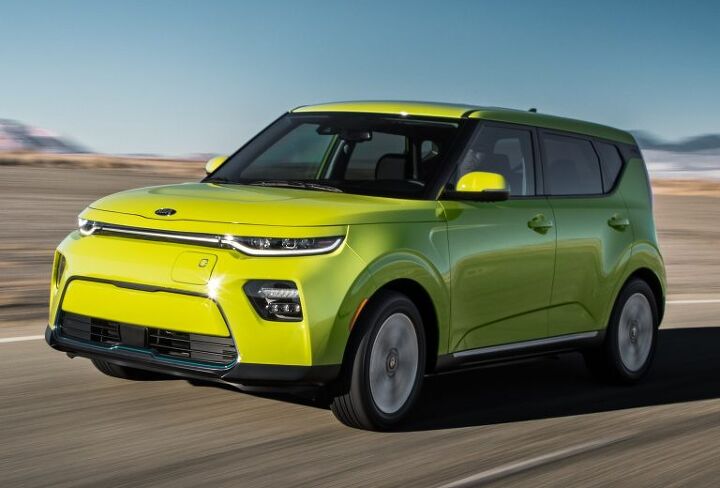

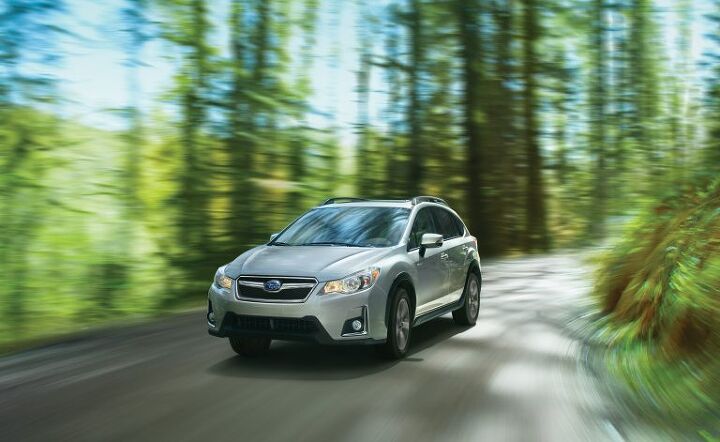

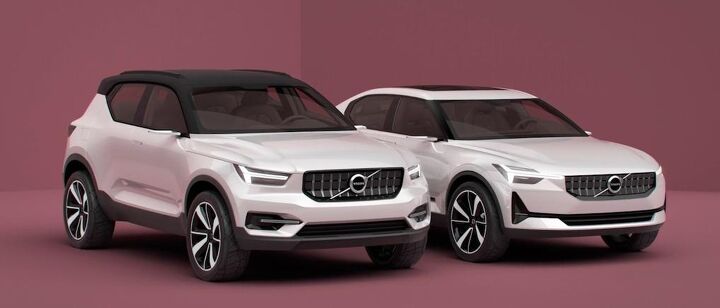
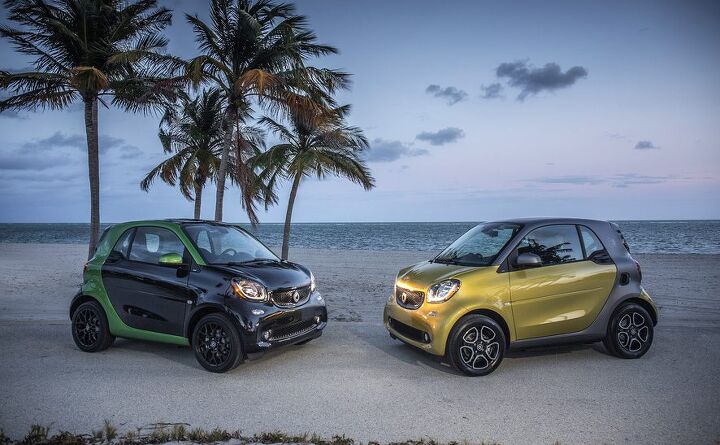


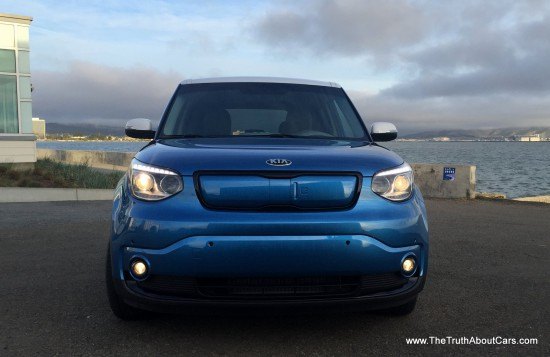
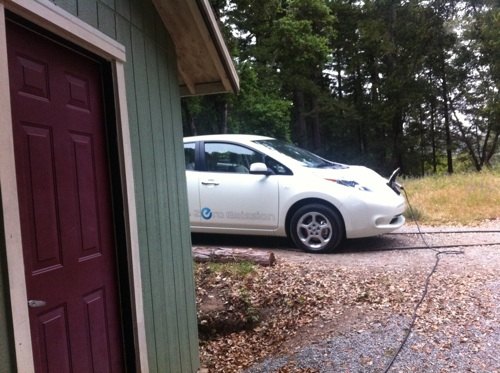














Recent Comments